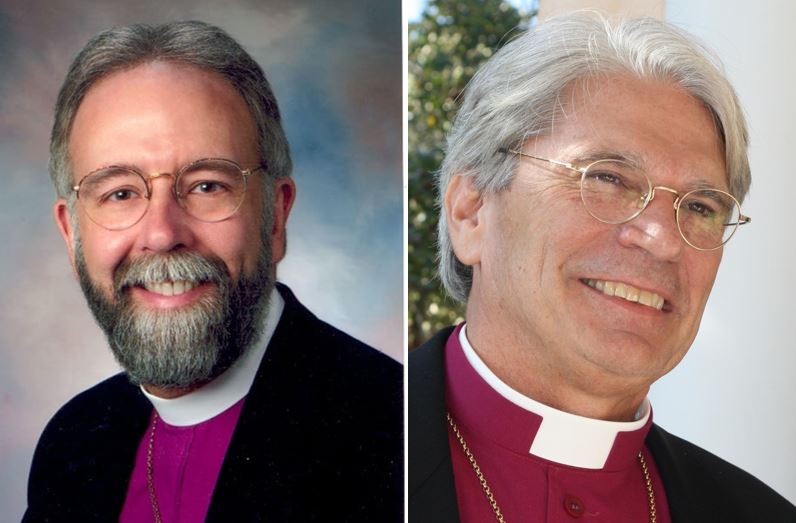Update from the Episcopal Church in South Carolina
The Episcopal Church(TEC), The Episcopal Church in South Carolina(TECSC), and its Bishop have asked a federal judge to expand a lawsuit in U.S. District Court in hopes of bringing clarity to the confusion caused when a group led by Bishop Mark Lawrence broke away from The Episcopal Church in 2012-13.
The legal action filed with Judge Richard Gergel on Thursday, March 1, asks the court to declare that the breakaway group has been engaged in false advertising and trademark infringement, and seeks an injunction to prevent the group from using words and symbols that cause confusion about which group they are affiliated with.
The amended complaint also asks the court to identify leaders in the breakaway churches who want to remain with The Episcopal Church, so they can begin working with Bishop Skip Adams and TECSC on transitions aimed at assisting parishioners who want to remain in their churches.
“We are asking the federal court to help bring a final resolution to the legal proceedings that all sides have endured since 2013,” said Thomas S. Tisdale, Jr., Chancellor of The Episcopal Church in South Carolina. “Our goal is to hasten the day when we can begin working together to heal our divisions and assist the people and parishes of our diocese through the transitions ahead.”
Trusts and trustees
The amended complaint asks Judge Gergel to take jurisdiction over an important part of that transition: the designation of trustees. Legally, all the property and assets of a diocese are overseen by diocesan trustees, who hold everything in trust for The Episcopal Church and its diocese. Likewise, vestries serve as trustees for each parish.
For that reason, the federal action asks the court to take jurisdiction over trust issues, and order the trustees and vestries to remove members “who cannot demonstrate to this Court’s satisfaction that they are capable of and willing to carry out their fiduciary obligations” to TECSC, and replace them with members who can. This is intended to protect property and assets on behalf of the people who want to remain in The Episcopal Church and continue to worship in their home parishes.
Clarifying the status of churches
In all, 54 parishes are named in the amended complaint. Two-thirds of those were plaintiffs in the state lawsuit filed by the breakaway group in 2013 against The Episcopal Church, seeking to retain control of diocesan and parish property. The South Carolina Supreme Court ruled against the breakaway group in August 2017, finding that the property of the diocese and 28 parishes is held in trust for the Church.
The breakaway group has filed a petition asking the United States Supreme Court to hear the case and reverse the state court ruling on parish properties. A decision is expected this spring on whether the Supreme Court will agree to review the decision or let it stand.
Not addressed by the state litigation is the status of 18 parishes whose clergy aligned themselves with the breakaway group, but who were not part of the state lawsuit. The expanded federal complaint seeks to bring clarity about their status as Episcopal churches.
As with all the churches that were part of the historic Diocese of South Carolina, these churches identified themselves as Episcopal Churches prior to the split, and have continued to do so even after 2012.
Prior to 2012, churches in the Diocese of South Carolina agreed to be governed by The Episcopal Church’s constitution and canons. Under church law, all church properties are held in trust; that “trust interest” means that each parish owns its own property, but is legally required to use it for the benefit of The Episcopal Church and TECSC.
The federal lawsuit
The federal case, known as vonRosenberg v. Lawrence, initially began in 2013 when the Rt. Rev. Charles G. vonRosenberg, who was then Bishop of TECSC, filed suit against Mark Lawrence on federal false-advertising claims under the Lanham Act. In 2017, two additional plaintiffs were added: Bishop Adams, who succeeded Bishop vonRosenberg as Bishop of TECSC, and The Episcopal Church.
Until last month, the federal case had been on hold since October 2017 under a stay issued by Judge Gergel so all the parties in the case could begin a mediation process. That process is still ongoing. In February, citing updates he received on the mediation from all the parties, the judge lifted the stay and issued a scheduling order so the case could proceed to trial in September 2018.

